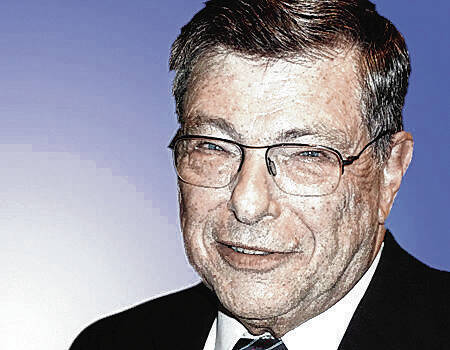Normally, I write about economic development or the lack thereof in Indiana. Others write about the environment, its limitations and desecration by economic development. Both topics, the environment and the economy, are treated as big lumps of amorphous matter, too big, too complex, and too mysterious to be understood.
Let’s see if we can put the environment and the economy into a more understandable framework.
When a tree falls in the forest it makes a sound, whether or not anyone is there to hear it. There is an unmeasured cost associated with the fall of a tree as well as an unmeasured benefit from a tree rotting in the forest. These benefits and costs may be imagined by some people, but they are real for the plants, animals and micro-organisms living in that forest.
When a family picnics on a bank of the Eel River, that activity involves consumption of resources (food, drinks, gasoline) which are estimated as part of Gross Domestic Product (GDP). The trash and discharges of that picnic —- scattered in the air, on the land and in the river —- go largely unreported and most imperfectly quantified also as part of GDP.
Yet, there are a set of benefits, well-known but often neglected because we don’t have a way to measure them. These are the benefits of both use and contemplation. The pleasure realized by the picnickers is not —- or some would say, cannot be —- quantified. There is also a remote benefit from knowing such picnic sites are available, from knowing the existence of the river.
My father never visited the Statue of Liberty although he lived and died in New York City. But he knew that grand lady was there, and he derived pleasure from that fact. That is a passive benefit, too often not part of the calculus of developers.
Often economic developments erase the pleasure of passive use. Case in point: money is going to be spent on using the White River in Madison, Hamilton and Marion counties as part of an economic development scheme. Who will decide how those funds are spent? Are environmentalist sitting on the committee which will make those decisions? Economic development might mean putting a casino or an amusement park in or on the river. The banks could have a narrow “natural” pathway with brooding multi-storied residential and commercial properties towering over that pathway.
Such a development is already contemplated for the White River as it flows near the intersection of 96th St. and Allisonville Rd. where Fishers meets Indianapolis and Carmel. I recommend driving through Fishers, Carmel and Westfield in Hamilton County. You’ll see acres of undifferentiated apartments, condos and cookie cutter commercial areas to serve their residents.
And we dare call such housing and business land uses part of our economic development process. True development, however, means improvement in choices, not just more of the same.
Indiana’s typical economic developers, as well as subdivision builders and government agencies, don’t realize the truth espoused by environmental economist Herman Daly, “The economy is a wholly owned subsidiary of the environment, not the reverse.”
Morton Marcus is an economist. Reach him at [email protected]. Follow him and John Guy on Who Gets What? wherever podcasts are available or at mortonjohn.libsyn.com. Send comments to [email protected].





